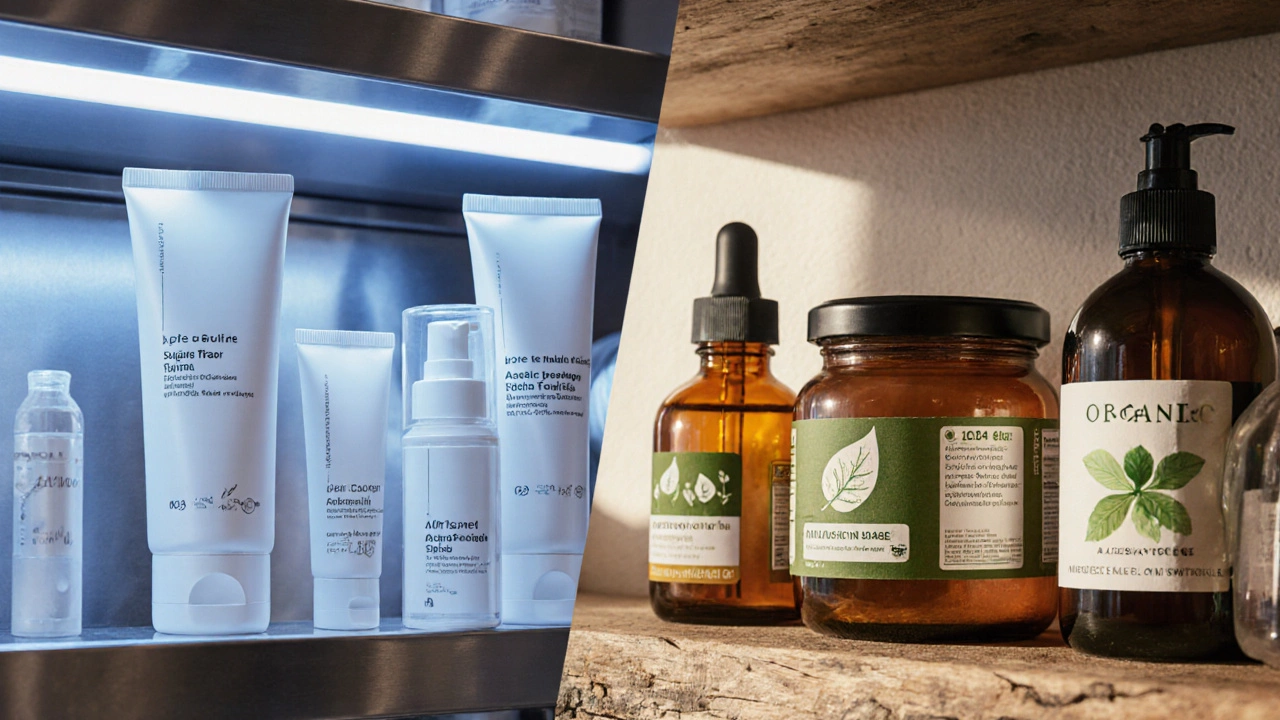Skincare Differences: How to Spot What Sets Products Apart
When you hear skincare differences, the subtle and obvious ways cleansers, serums, moisturizers and treatments vary in purpose, ingredients and texture. Also known as product distinctions, it guides you to match a formula to your unique needs.
Key Factors Behind Skincare Differences
Understanding Skin type, a classification based on oiliness, dryness and sensitivity is the first step. A oily complexion thrives on lightweight gels, while dry skin craves richer creams. Next, consider the Facial treatment, any professional or at‑home procedure aimed at improving texture, tone or specific concerns. Whether you pick a hydrating mask or a microneedling session, the treatment you choose will amplify or diminish the effect of the product you apply afterward. Finally, look at the Anti‑aging ingredient, active components like retinol, peptides or NAD+ boosters that target signs of aging. A serum packed with peptides works best when paired with a treatment that improves penetration, such as a gentle exfoliation.
These three entities create a web of relationships: skincare differences encompass product formulation, which requires knowledge of skin type; facial treatments influence how anti‑aging ingredients perform; and the right combination reduces the need for multiple overlapping products. In practice, you’ll notice that a serum formulated for mature skin may feel heavy on a teenager’s oily face, while a brightening mask designed for dull skin can make a dry complexion feel tight if not followed by a proper moisturizer. The posts below dive into real‑world examples—like the 4‑2‑4 rule for layering, daily routines for every skin type, and the science behind top anti‑aging drugs—so you can see how each factor plays out in everyday choices. Keep reading to discover actionable tips, product comparisons and expert advice that will help you turn these differences into a clear, personalized skincare plan.
Medical Grade Skincare vs Organic Skincare: Key Differences Explained
Explore the core differences between medical grade and organic skincare, from regulations and ingredients to pricing and efficacy.

